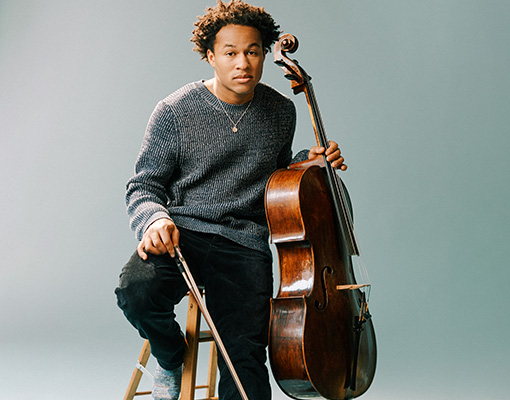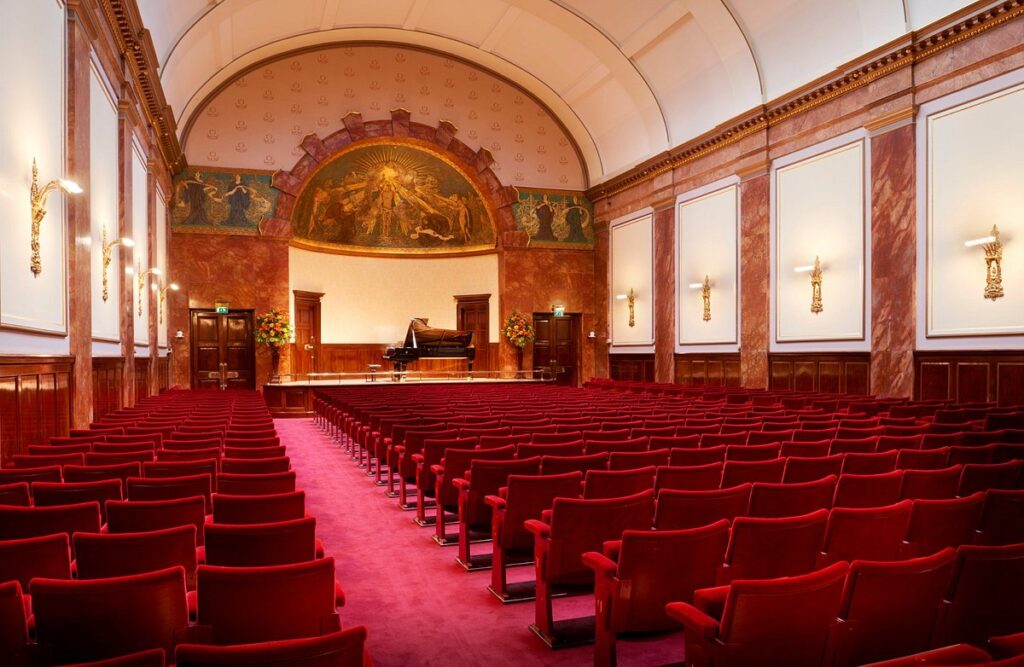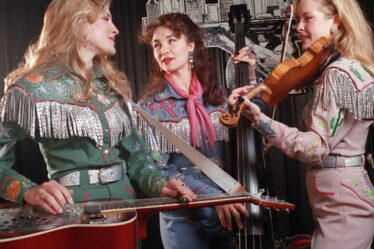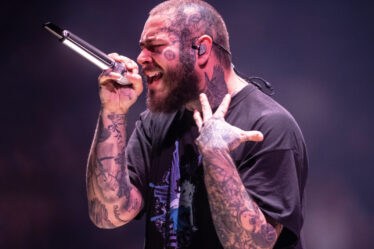
By, Brooke Ricci
Sheku Kanneh-Mason is an up and coming cellist who I recently had the pleasure of listening to as he performed at Wigmore Hall in London, England. Wigmore Hall is designed in the Renaissance style and is famous for having the best acoustics in Europe. Although small in size and humble looking in appearance, the hall impressed in producing an impressive sound and allowing for a satisfactory view wherever a listener sits. Besides the accomplishment of performing at this historic hall, Sheku previously performed at Prince Harry and Meghan Markle’s wedding back in 2018 and won the 2016 BBC Young Musician award.

Sheku had some sort of humbleness combined with an air of modesty to him. He took his time to educate the audience on which pieces he was going to play next and incorporated a few fun facts about the piece’s history or style elements. He also cracked a few jokes here and there to keep the event lighthearted and less pompous. Usually, string concerts bring together people with a chip on their shoulders, but I think it is important to still be respectful and enjoy the music at the same time. Unfortunately, one uptight woman sat in front of my friends and I and consistently glanced back dirty looks every time my friend shifted position in her seat.
As someone who has played violin and participated in a string orchestra for about nine years of my life, there are things I have grown to appreciate in classical performers: the etiquette of the audience, the posture of the player, and the few tricks performers use to take their minds off the audience while still feeling the motion of the music. Sheku is guilty of showing off his little habit of breathing quite strongly when he is entertaining his audience. Even in the recordings of his works on Spotify, one can catch the occasional exhale and may try to write it off as the bow hitting a certain angle on the bridge of the cello.
Sheku’s second to last performance was “Preludes I-V” by Edward Finnis. “Prelude I” was my personal favorite, but he still wowed with his precise tremolos, a musical technique that provides sounds with a modulating effect, in “Prelude II.” Sheku continued forward and achieved breath-like sounds from his cello during “Prelude III,” meanwhile, “Prelude IV” felt like a fog horn. The conclusion felt like a satisfying release of emotions after the previous somber Preludes. It was all the more surprising when the composer of said pieces stood up at the end of the performance and walked on over to shake Sheku’s hand on a job well done. Finnis looked honored and proud to have Sheku perform his own handiwork with such skill. Last but certainly not least, Sheku led a passionate retelling of Gaspar Cassado’s “Suite for Solo Cello.” The piece was melancholic yet dramatic, with a hint of romance or perhaps tragedy to it. Sheku closed the curtain with not one but two standing ovations and an additional song that I could recognize but not pinpoint the exact name of. Overall, Sheku Kanneh-Mason will continue to awe and amaze his audience, and I will forever long to hear him perform Edward Elgar’s “Cello Suite in E Minor Op. 85” in person.



